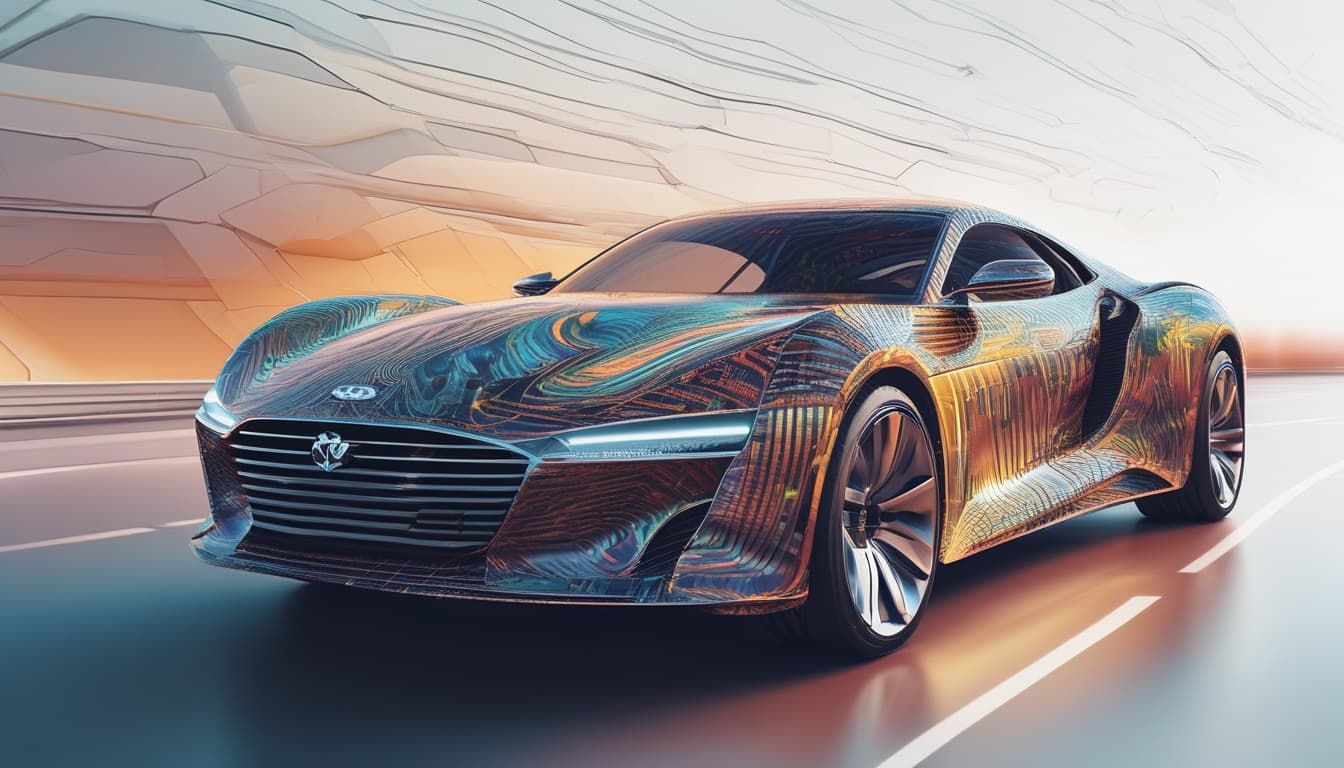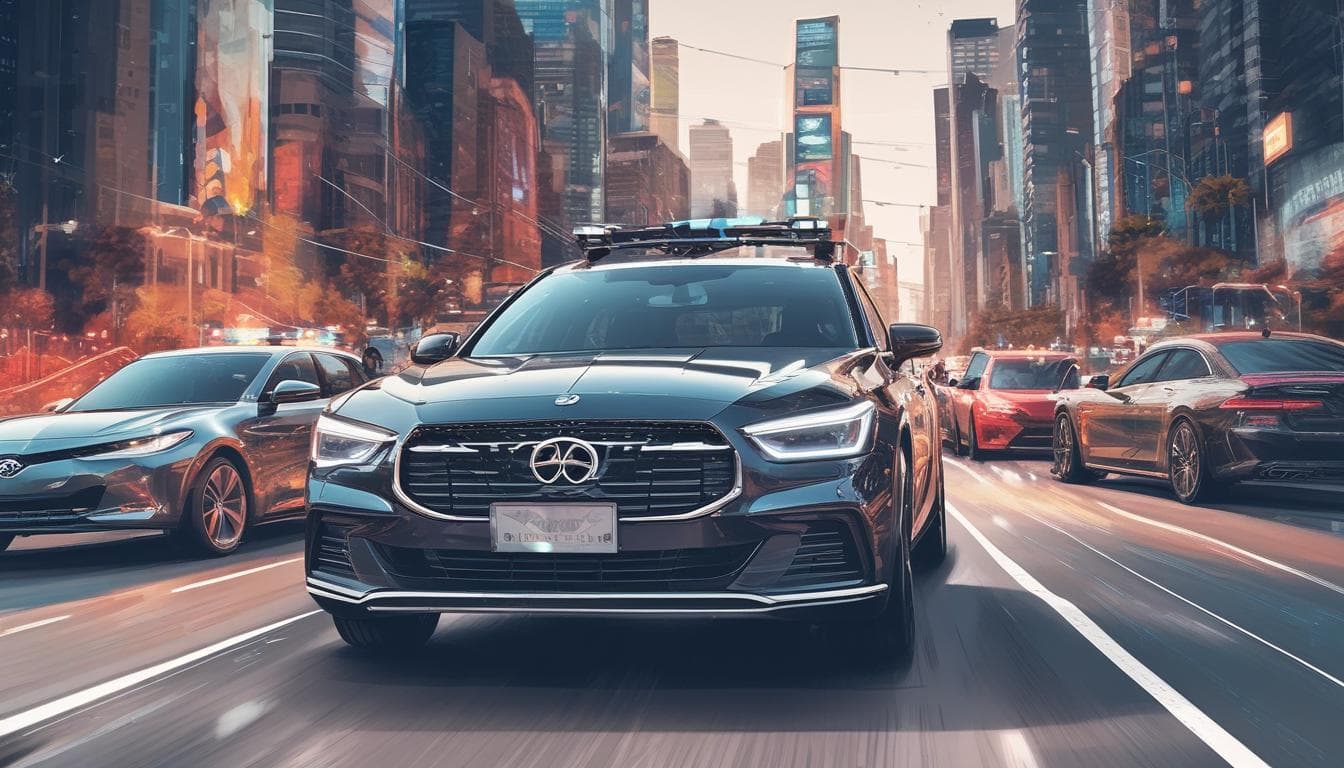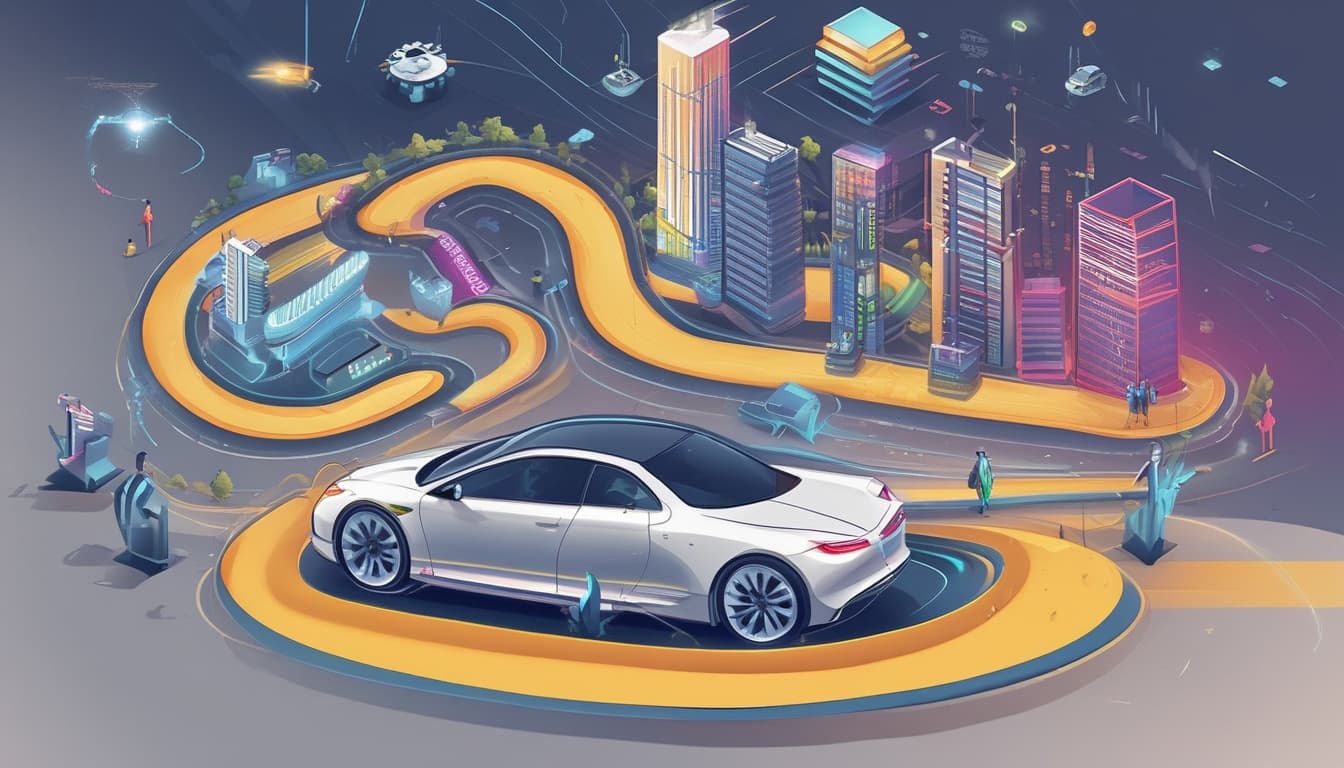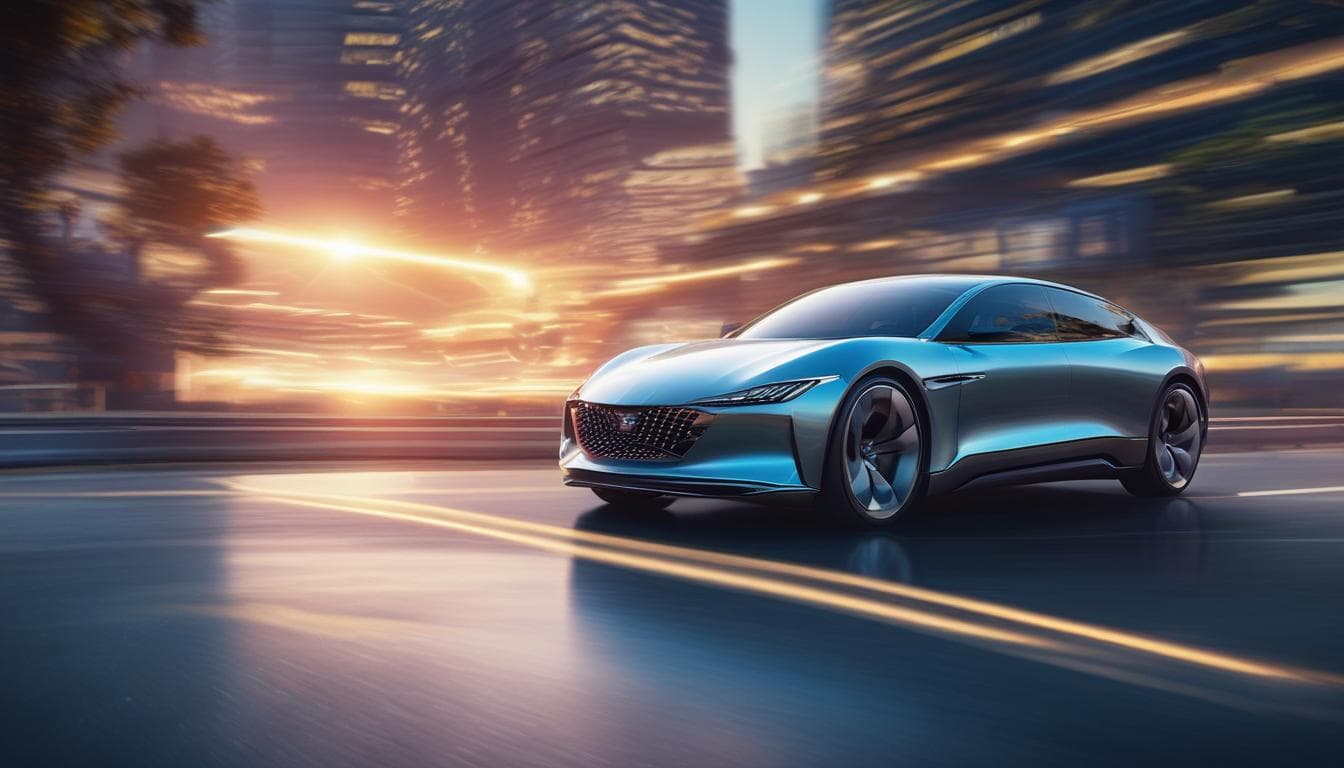With the increasing sophistication of AI in vehicles, how might the role of the car mechanic evolve into a specialist in both mechanical and software systems? What new skills will be essential, and how might this shift affect training, employment, and the overall car maintenance landscape?
The rise of AI in vehicles definitely points towards a future where mechanics need to be as comfortable with software as they are with wrenches. It's a fascinating evolution, and I think it will create some really interesting opportunities.
The traditional mechanic's role will likely split into more specialized areas. We'll still need experts in the physical components – the engine, transmission, suspension – but we'll also see a surge in demand for mechanics specializing in the software and electronic systems that control so much of the modern vehicle. Think sensor calibration, software updates, and diagnosing complex electronic control unit (ECU) issues.
Here are some key changes I foresee:
- Essential New Skills: Mechanics will need a strong foundation in computer science, data analysis, and programming. Understanding how different software systems interact with the physical components will be critical. Cybersecurity will also become a major factor, as connected cars are vulnerable to hacking. Diagnosing and troubleshooting these kinds of problems will be a key skill.
- Training and Education: Vocational schools and training programs will have to adapt. Curriculum will need to include more software-focused courses, and partnerships with tech companies may become the norm. Continuing education will be crucial for mechanics already in the field to stay up-to-date with the latest technologies. Imagine certifications specifically for AI systems in vehicles.
- Employment Landscape: We might see new types of roles emerge, like "Automotive Software Technicians" or "Vehicle Cybersecurity Specialists." Existing repair shops might partner with software companies, or we might see specialized AI car repair shops pop up. Dealerships will likely invest heavily in training their mechanics to handle these complex systems.
- Car Maintenance: Diagnostics will become increasingly reliant on data analysis and software tools. Predictive maintenance, where AI algorithms anticipate potential problems before they happen, will become more common. Over-the-air software updates will also change how maintenance is performed, with some fixes being implemented remotely.
This shift is already beginning, and articles like this one on the AI revolution in automotive highlight the transformative impact AI is having on the industry. It's a challenging but exciting time for the automotive sector, and I believe the mechanics who embrace these changes will be in high demand.
이 주제에 대해 더 알아보기
대화에 참여하기
- 자율주행 시대의 미래 자동차 실내 디자인: 당신의 상상은?
자율주행 기술의 발전으로 자동차 실내 공간은 어떻게 변화할까요? 이동 중 업무, 엔터테인먼트, 휴식 등 다양한 목적에 맞춘 미래형 자동차 디자인과 혁신적인 기능에 대한 아이디어를 공유하고 토론해 보세요. 증강현실, AI 등 미래 기술 접목, 맞춤형 공간 구성 등 자유로운 상상을 펼쳐보세요.
- 자율주행 시대, AI가 제시하는 자동차 선택과 운전 경험 변화
AI가 자동차 선택을 돕는 자율주행 시대에 운전 경험은 어떻게 변화할까요? 새로운 자동차 사용 시나리오와 이색 분야에 대한 가능성, 그리고 개선 방향에 대한 의견을 나눠보세요.
- 자율주행 시대, 자동차의 '디지털 영혼'은 어떤 가치를 가질까요?
자율주행 시대에 자동차가 단순히 폐기되는 것을 넘어, 축적된 주행 데이터와 개인 정보를 보존하는 '디지털 아카이브'로 진화할 가능성을 탐구합니다. 차량의 '디지털 유산'이 가져올 새로운 가치와 미래 모빌리티의 방향성에 대해 함께 토론해 보세요.




